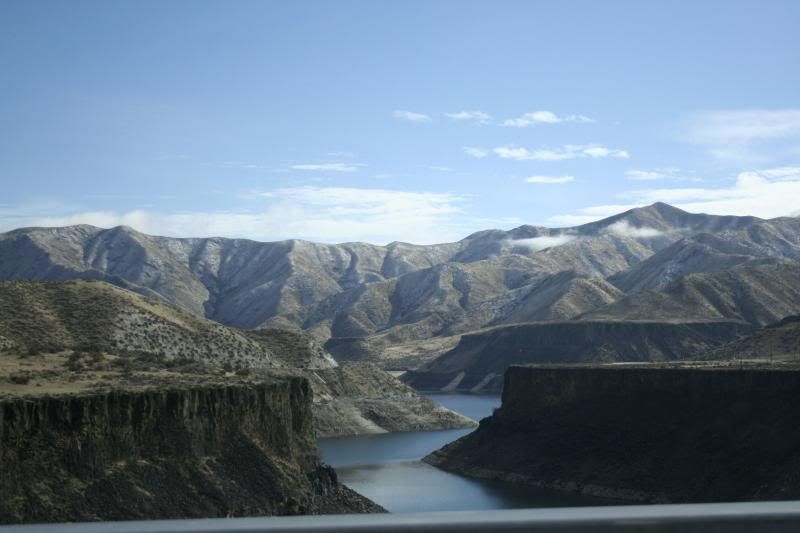Sorry to double up your info, ArmyJoe!
Ray,
Here is a Nikon D3s torture video:
[video=youtube;TBB-CvqjdCE]http://www.youtube.com/watch?v=TBB-CvqjdCE[/video]
Ray,
Here is a Nikon D3s torture video:
[video=youtube;TBB-CvqjdCE]http://www.youtube.com/watch?v=TBB-CvqjdCE[/video]


